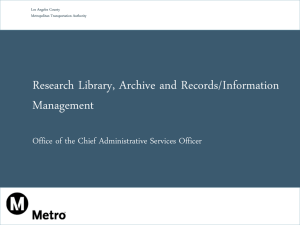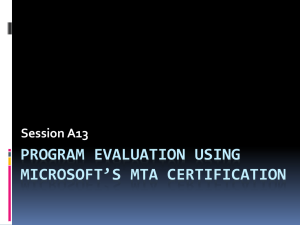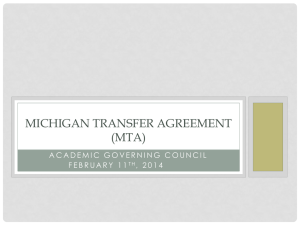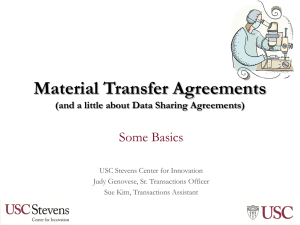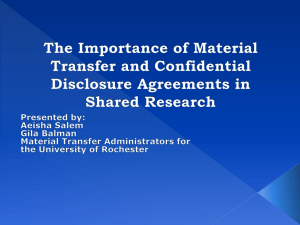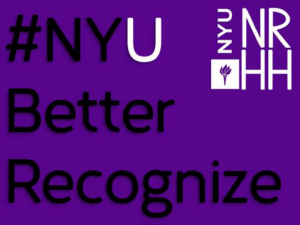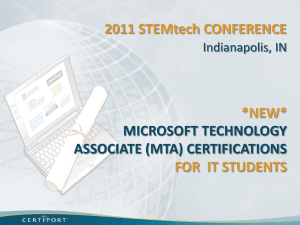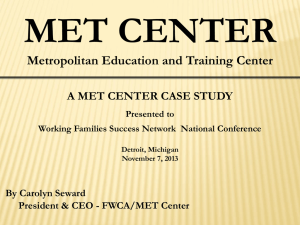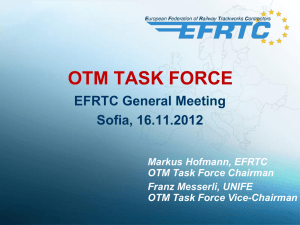Outgoing Materials
advertisement
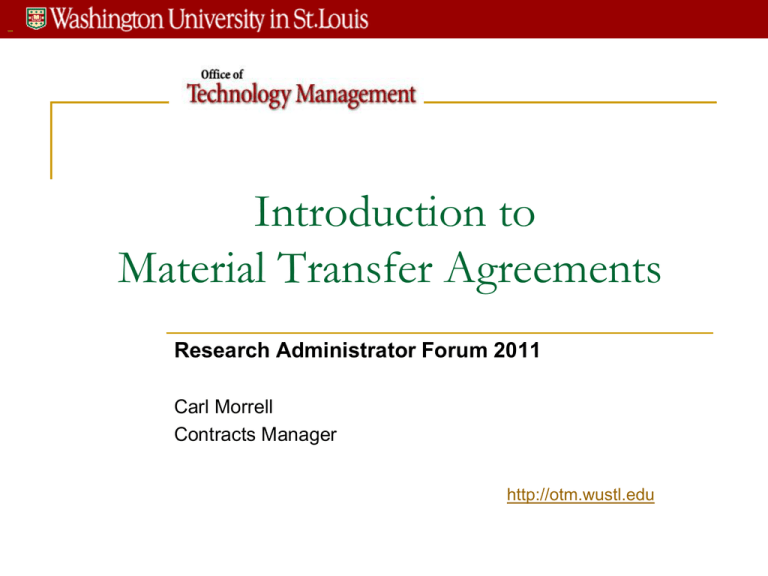
Introduction to Material Transfer Agreements Research Administrator Forum 2011 Carl Morrell Contracts Manager http://otm.wustl.edu Why MTAs? MTAs are important because they specify the rights, obligations, and restrictions of both the providing and receiving parties with respect to issues such as: Ownership of materials and modifications or derivatives of the materials made by the recipient Limits on the recipient’s use of the materials and related liability Restrictions on the recipient’s ability to transfer the material, modifications, and derivatives to third parties Why MTAs? Rights to inventions resulting from the use of the materials Rights to publish research obtained through the use of the materials Reporting and confidentiality obligations MTA Procedures – Incoming Materials PI/Departmental Responsibilities • PI/Department requests the material and obtains the proposed MTA from the provider. • PI reviews the MTA and completes any missing information, when required, i.e. the address, description of the research, name of materials requested, etc. (Note, it is not necessary for the MTA to be signed by the PI at this initial stage.) • PI completes the appropriate Incoming MTA Intake form – Academic or Industry provider. MTA Procedures – Incoming Materials PI/Departmental Responsibilities • Forward the editable electronic version of the MTA received from the provider, along with any instructions that were provided (highly recommend to forward the provider’s original email with the MTA attached), and the completed MTA Intake questionnaire to: MTA@dom.wustl.edu MTA Procedures – Incoming Materials OTM Responsibilities • MTA coordinator reviews the MTA for compliance with WUSTL policies. Some agreements may require that OTM request legal revisions to the MTA with the provider before the MTA is acceptable for signature by WUSTL. • Once the MTA terms are acceptable, the MTA coordinator notifies PI/Department and requests that the PI sign the MTA (if required) and return to OTM. (OTM may request to return a pdf copy of the signed MTA, or duplicate originally signed MTAs, depending on the requirements of the provider institution). MTA Procedures – Incoming Materials OTM Responsibilities • Once OTM receives the MTA signed by the PI, the WUSTL authorized representative signs the MTA and OTM forwards the partially executed MTA to the provider for their countersignature, with instruction to return the fully executed agreement to OTM. • When the MTA is fully executed, OTM will provide a copy to the PI/Department and provider can then supply the requested material. MTA Procedures – Outgoing Materials PI/Departmental Responsibilities • PI completes the outgoing MTA Intake questionnaire form. • First-time requests to OTM to prepare an MTA for a particular material, the PI is also required to complete a Material Disclosure Form. This is a one-time requirement as OTM must document the origin of the Material. (Note, A Material Disclosure form is not required if sending human derived samples, see additional requirements below for human samples). MTA Procedures – Outgoing Materials PI/Departmental Responsibilities • Archived Human Samples: In addition to the MTA Intake Questionnaire form, if human derived samples are being provided, a copy of the IRB approval and consent form that were used when the samples were obtained must be forwarded to OTM. Note, if you plan to send prospective samples (not already obtained from patients), please contact the Center for Clinical Studies, OTM does not handle MTAs covering prospective samples. MTA Procedures – Outgoing Materials PI/Departmental Responsibilities • Forward the completed MTA Intake Questionnaire form and the Material Disclosure form (if required) and IRB approval and consent form (if required) to: MTA@dom.wustl.edu MTA Procedures – Outgoing Materials OTM Responsibilities • MTA coordinator reviews the information provided by the PI/Department and drafts an appropriate MTA. • MTA coordinator emails the draft MTA to the recipient contact for their review and consideration. • If the terms are acceptable to the recipient, they sign the MTA and return to OTM for countersignature by WUSTL. If the terms are not acceptable, revisions to the MTA are negotiated with OTM. MTA Procedures – Outgoing Materials OTM Responsibilities • Once agreed and the recipient party has signed, WUSTL authorized representative signs the MTA. • MTA coordinator then provides a copy of the fully executed MTA to both parties, advising the WUSTL PI/Department that they may send the requested materials. WU Quick MTA – For outbound materials from WU (non-human only) The WU Quick MTA, is a streamlined process available to the departments for sending out basic research tools to other academics/non-profits. It requires no OTM involvement, provided the material that you are sending and the recipient meet the qualifications, which are outlined in the instructions. WU Quick MTA If the material qualifies for use with the WU Quick MTA, the procedure is as follows: • Print out the form, and follow the instructions to complete the required information. • Retain a copy of the completed document for your departmental records. • Include a copy of the completed form inside of or attached to the shipment of material. • No signatures by either party are required. Forms You can find the WUSTL Quick MTA with complete instructions, as well as all other forms referenced in this presentation at the following link: http://research.wustl.edu/Offices_Committees/OTM/ faculty/Pages/Forms.aspx Questions? Contact us. Carl Morrell Contract Manager Ph: 314-747-0922 Email: morrellc@dom.wustl.edu Brandi Addington Academic MTA Coordinator Ph: 314-747-0911 Email: baddingt@dom.wustl.edu or: mta@dom.wustl.edu OTM Website: http://otm.wustl.edu Janet Viehland Industry MTA Coordinator Ph: 314-362-4335 Email: jviehlan@dom.wustl.edu
